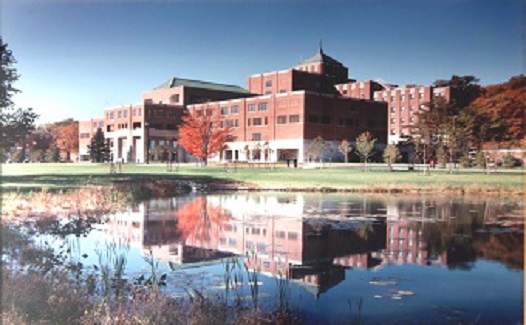China TIF committee puts document in near-final form
 by Mary Grow
by Mary Grow
China Tax Increment Financing (TIF) Committee members put their proposed revised version of the town’s TIF document in near-final form at their Feb. 25 meeting.
The document, called the Second Amendment (China’s original TIF document dates from 2015, and the first amendment from 2017), still needs minor additions, like inserting the date of the public hearing that is required before voters act on it. Committee member Jamie Pitney proposed Town Manager Becky Hapgood prepare the final draft. Pitney is the main writer for the amendment, with help from Brent Chesley, particularly, and the rest of the committee.
Committee members sent the Second Amendment to China selectmen for review at their March 1 meeting. If selectmen approve, it will appear on the warrant for the June 8 town business meeting. It will also be posted on the town website, china.govoffice.com.
Hapgood said the public hearing is tentatively scheduled for 6 p.m. Monday, April 26, followed by a hearing on the rest of the town meeting warrant questions. Voters will be able to ask questions about the TIF document, but will not be able to change it.
Hapgood said April 26 will be the first time town officials have tried to hold a public hearing by zoom.
The June 8 town meeting will be entirely by written ballot. For an open meeting, China has a quorum ordinance that requires about 120 voters to attend in person, an impossibility both legally and practically in current circumstances.
After unanimously approving the Second Amendment for forwarding to the selectboard, committee members talked about their next steps as a committee. Suggestions included reviewing and if necessary revising committee documents, like their mission statement and the application form for TIF funds; clarifying procedures for reviewing applications; and strengthening provisions for making sure funds are used for the purposes for which they are granted.
The next TIF Committee meeting is scheduled for 6 p.m. Wednesday, March 24.






